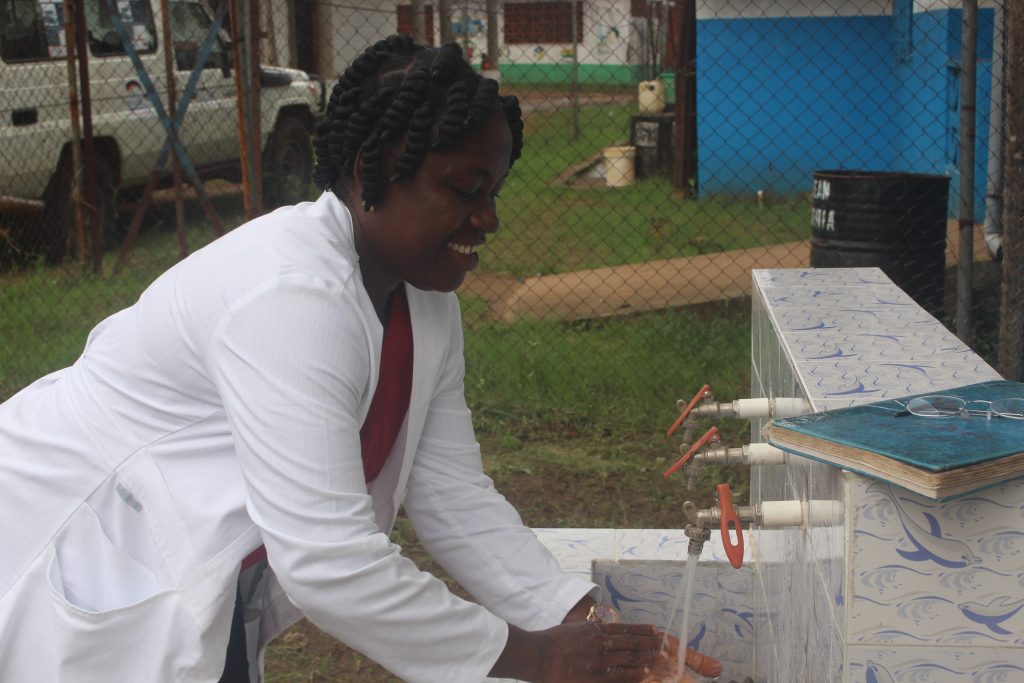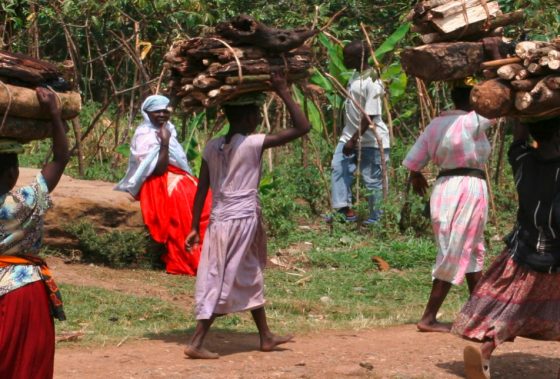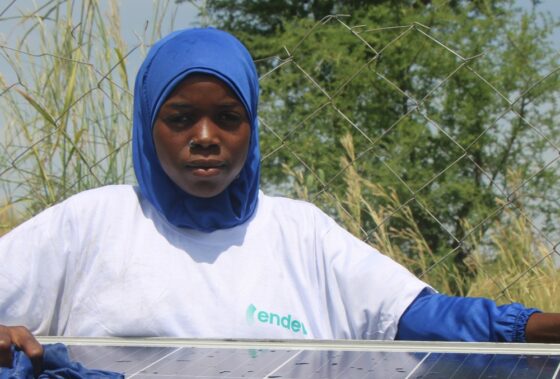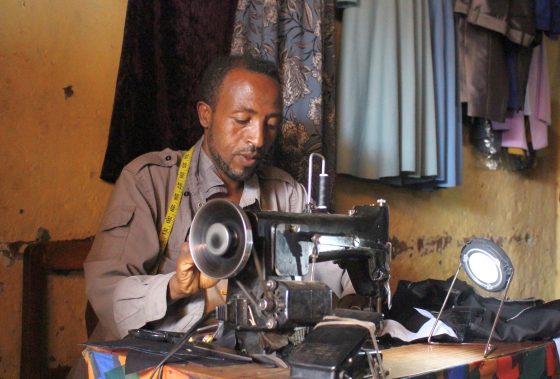
Liberia
Energy access in Liberia faces a stark urban-rural divide. While around 50% of Monrovia’s households enjoy the benefits of electricity, rural electricity access stands at 8%. In terms of thermal energy use, charcoal consumption in urban
areas is strongly affecting the countryside, where it contributes significantly to the deforestation of the country’s primary forests. Overall, however, access to cleaner cooking energy is still negligible across the nation. EnDev actively supports the government’s goal of reaching a 75% electrification rate by 2030 (see Demand-Side Subsidies Component, next page), while implementing steps to expand access to improved cookstoves and ensuring noone is left behind (LNOB).
Technologies used in this project
- Improved cookstoves
- Stand-alone systems
Country data
- People with access to electricity: 292*
- People with access to improved cooking: 520*
- SIs with access to modern energy services: 57*
- *Achievements for Liberia until December 2024. Formerly, Sierra Leone, Liberia and Guinea were part of a multi-country approach. As of 07/23, Sierra Leone and Liberia are presented separately, whereas Guinea ended in 12/2023.
Approach
EnDev Liberia develops markets for solar systems and improved cookstoves while supporting health and educational facilities. Working closely with the Ministry of Mines and Energy (MME) and the Rural and Renewable Energy Agency (RREA), EnDev focuses on reaching the poorest and most vulnerable communities, promoting gender equality, and contributing to inclusive growth and environmental sustainability.
A key pillar of EnDev’s approach in Liberia is the Demand-Side Subsidy (DSS) pilot, which lowers the cost of solar home systems (SHS) for low-income households, making clean electricity more affordable. The DSS program is managed by BRAC Liberia and targets vulnerable populations to accelerate energy access.
In the clean cooking sector, EnDev supports both household and institutional use of improved cookstoves (ICS). To strengthen institutional cooking solutions, EnDev organized a technical ‘stove camp’ workshop for local producers, leading to the development of two institutional stove prototypes. These have been refined for series production and the first units were delivered to Careysburg Elementary School through a partnership with the World Food Programme. Over 100 schools in food-insecure communities will receive improved stoves, ensuring cleaner cooking solutions reach underserved areas and align with the “leave no one behind” commitment.
For household cooking, EnDev works with artisanal and semi-industrial producers to build technical capacity and improve stove production quality. Companies have received support such as upgraded tools and awareness-raising campaigns to promote cleaner cooking.
In health, EnDev Liberia’s Energising Health initiative has electrified nearly 300 health facilities with solar lighting and solar direct-drive (SDD) vaccine refrigerators, ensuring that vaccines reach last-mile patients in remote areas. This program is implemented with funding from the German Federal Ministry for Economic Cooperation and Development (BMZ) and coordinated closely with Liberia’s Ministry of Health and RREA.
Through these integrated efforts across energy access, cooking technologies, and health facility electrification, EnDev Liberia advances sustainable energy solutions targeted at vulnerable populations and critical sectors.
Learn more about EnDev’s approach
Energy Access through Demand-Side Subsidies
Funded by the Directorate-General for International Cooperation (DGIS) of the Netherlands Ministry of Foreign Affairs, EnDev’s Energy Access through Demand-Side Subsidies component seeks to develop and pilot Demand Side Subsidy (DSS) mechanisms to facilitate access to modern energy services for vulnerable populations who are currently unable to access commercial off-grid solar and cooking markets.
In Liberia, the DSS pilot aims to enable access to quality off-grid solar products and foster market expansion in vulnerable, hard-to-reach counties. DSS will be conducted through a jointly-implemented RBF facility in partnership with the Government of Liberia’s Rural and Renewable Energy Agency (RREA) and the World Bank.


